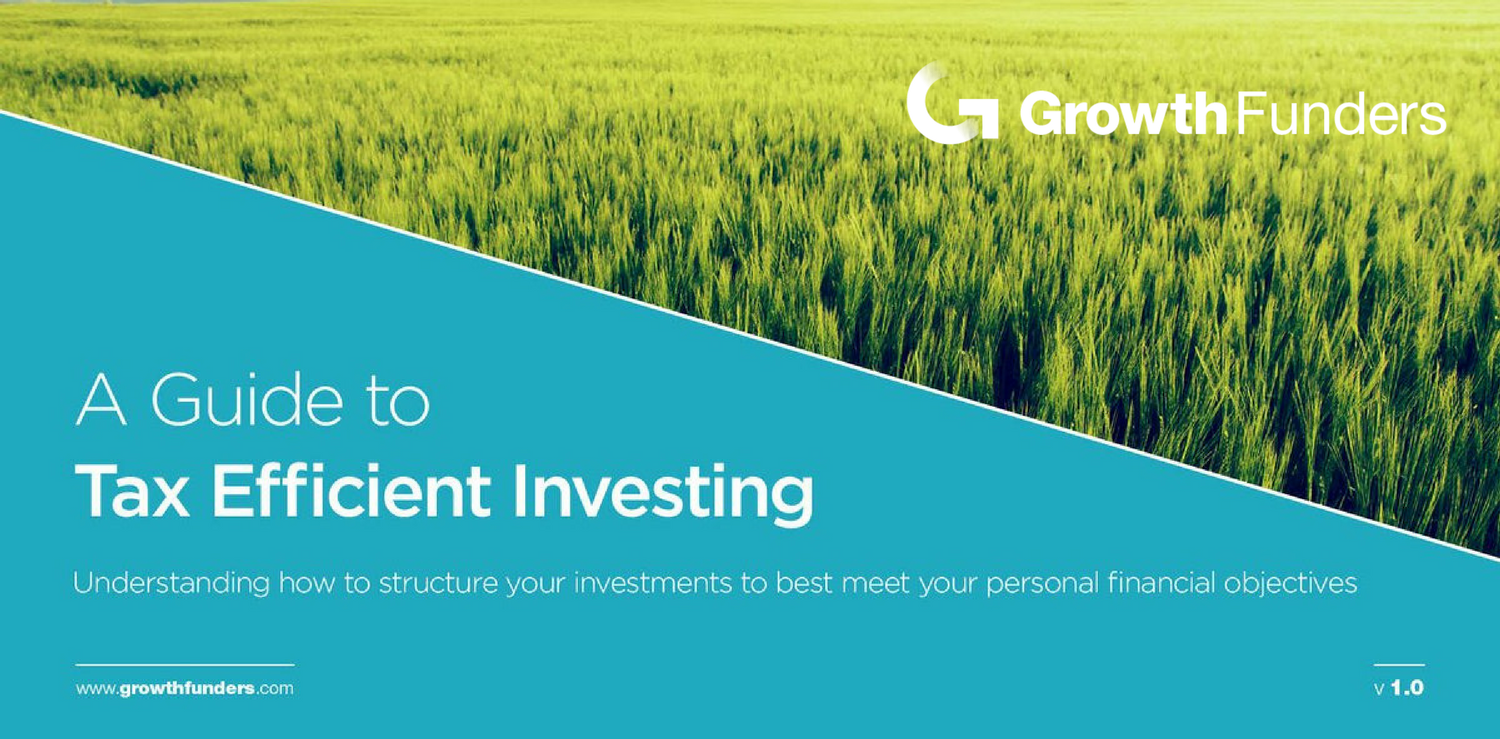New £350m SME loan fund backed by UK’s largest local authority funds
Two of the UK’s largest local authority funds, Greater Manchester and Strathclyde, are backing a £350 million UK direct lending fund launched by Muzinich & Co.
As well as the backing attracted from the Greater Manchester and Strathclyde local councils, the fund has also attracted a £30 million investment from the government-owned British Business Bank.
It is understood that the manager attracted more than half of its £350 million target as part of its first close.
According to Josh Hughes, Managing Director of Muzinich, it was important to recognise the fact that more than half of all private direct lending opportunities are located outside of London and the South East area of England, and as such the fund will be run jointly from London and Manchester.
Kieran Quinn, chair of the Greater Manchester Pension Fund, highlighted how the current market environment means that the target returns offered through private debt are attractive and that risk was reduced further due to the closed-end structure of the fund.
“But of course, in private debt, strong bottom-up credit analysis is essential, and this is an area in which we expect Muzinich to deliver,” Quinn added.
In addition to the £30m provided by the British Business Bank, Strathclyde Pension Fund committed £20m last year and the investment will now sit within the Scottish local authority scheme’s New Opportunities Portfolio.
The scheme was attracted to the Muzinich UK Debt Fund as the manager itself had invested capital - whilst also extending a £20 million line of credit to allow the fund to invest prior to the first close - according to a 2015 report prepared for the Strathclyde’s pensions committee.
It seems that a number of the UK’s local authorities are becoming increasingly attracted to SME lending with Greater Manchester joining the South Yorkshire Pensions Authority and Clwyd Pension fund to invest in a Foresight Group venture targeting companies in the North West of England and the North Yorkshire Pension Fund has recently tendered a mandate worth up to £130m in an attempt to “get more out of [its] fixed income allocation”, according to Tom Morrison, its head of commercial and investments.
%20(3)%20(2).jpg)








